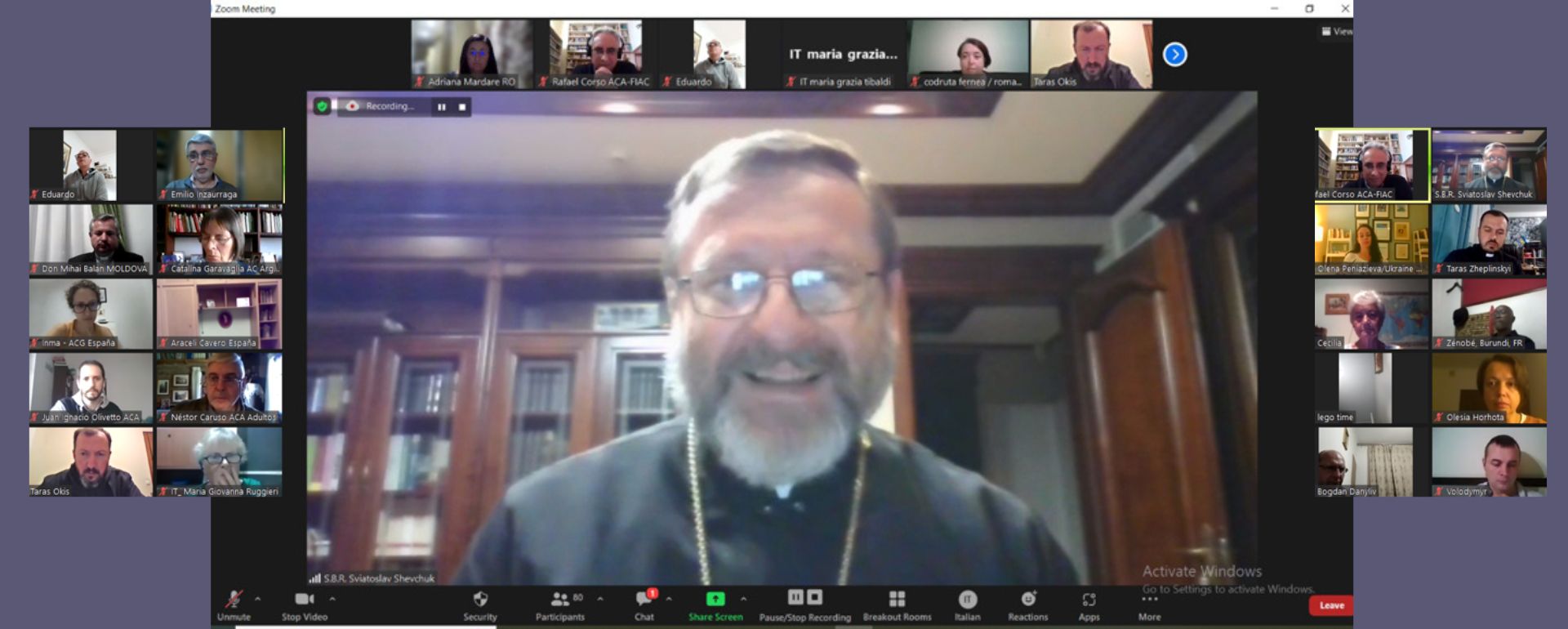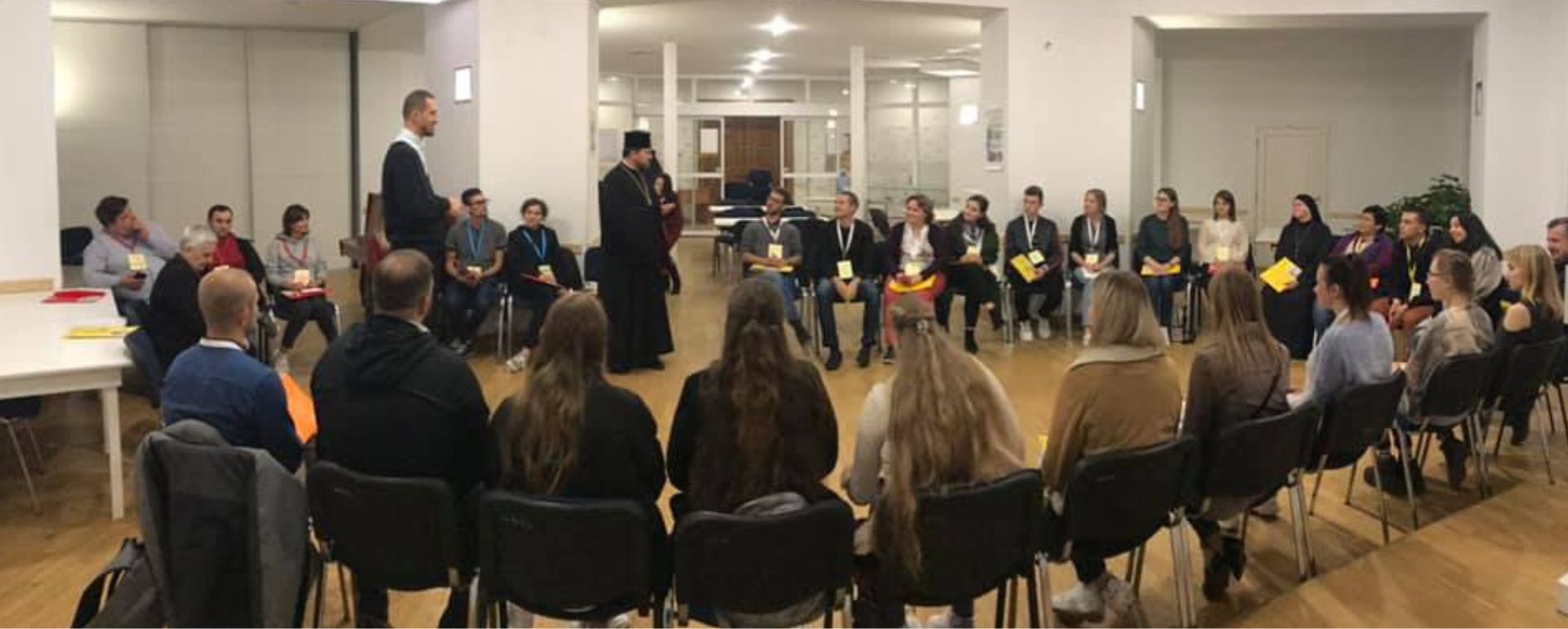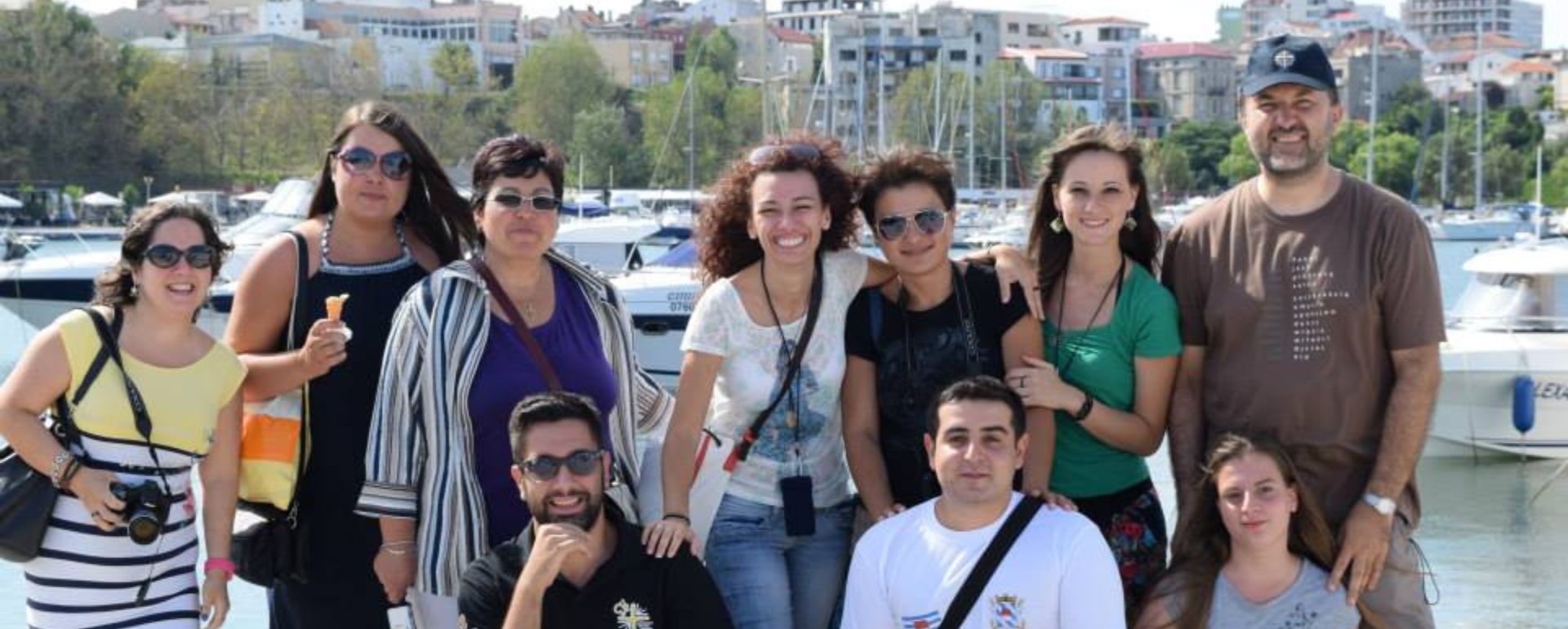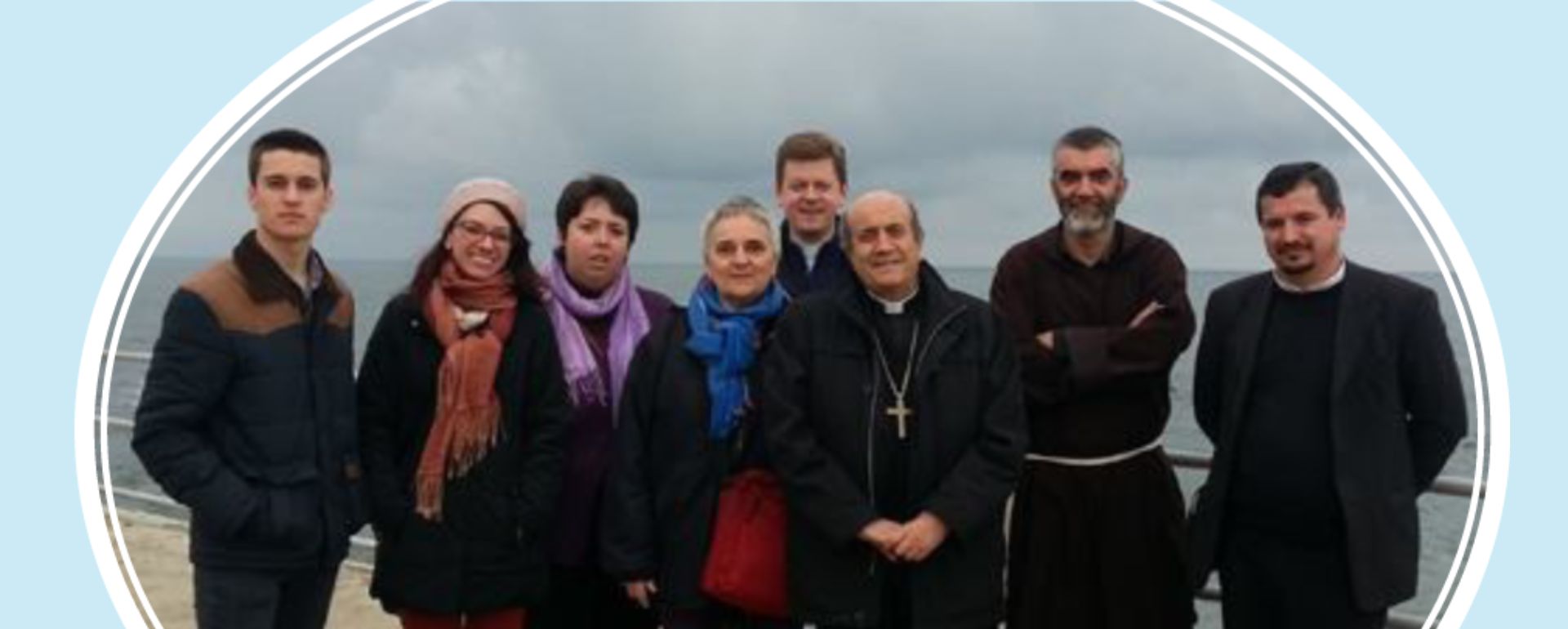The reason behind a Black Sea Agorà In Greek, “agorà” is the square, the place where many people meet, generally a cross-road of a number of streets in a city or valley. Even a sea could be an agorà if its banks are occupied by persons of different countries.
The Sea of Galilee was a great agorà where Jesus met the locals and various travelers. The proposal of having an agorà for youth of the Black Sea primarily means offering young people living in the countries bordering the Black Sea an opportunity to meet.
We are also driven by the continual appeal by Pope Francis to meet and to go out to the outskirts. For us the Black Sea is on the outskirts and maybe even for those who live in the countries bordering it. At school, the area was described as a theatre of conflicts but we want to discover it as a place of peace, exchanges, religious experiences, of ancient peoples of whose cultures we are descendants and of mutual help. And we are starting with youth.
This could create a link and some twinnings could follow. We are convinced that in our contemporary world we cannot live within closed secure borders but rather we should go out to meet our brothers and sisters and thus establish communication and discover the dynamics of communion with them.
If we are used to the movida (countercultural movement in Spain), this should be a movida of the Black Sea where young people are the subjects of their future and protagonists in the announcement of the faith which they live and which they want to offer to their friends in the natural cross-roads of their history and of their lives.
The idea of an Agorà already exists: in the Mediterranean, a sea which is linked with the Black Sea. Maybe a link could also be established between the young people of the two Agorà!
The nations bordering the Black Sea are: Romania, Bulgaria, Moldavia, Ukraine, Russia, Georgia and Turkey. In this part of the world, Catholics are in a minority: they go from 5 % in Romania to 1 % in Bulgaria and in Georgia, and to 0.8% in Moldavia.
Young people here experience the same tension as everyone else: lack of work, forced emigration and no attention at all from institutions responsible for youth.
- Young people are very upset: they do not find employment and to work they have to settle in the great cities or abroad. Until they finish their secondary education they are looked after but after that they have to emigrate either to university cities or abroad. Their standard of living is average and they are far from being poor but it is difficult for them to plan their future.
- It is difficult for them to be practicing Christians and in some countries they are also discriminated against being such a small group. Christian formation is transmitted through interpersonal relationships. Their sense of belonging to their mother country is problematic because each nation is divided into two states. Those, who discover faith in their youth, are committed but not always constant.
- The Black Sea is surrounded by beaches which favor commerce but not so much communication among people and this even for historical and political reasons. But for these same reasons, can the place become a centre for exchanges and meetings, a centre which fosters solidarity, understanding and reconciliation?






